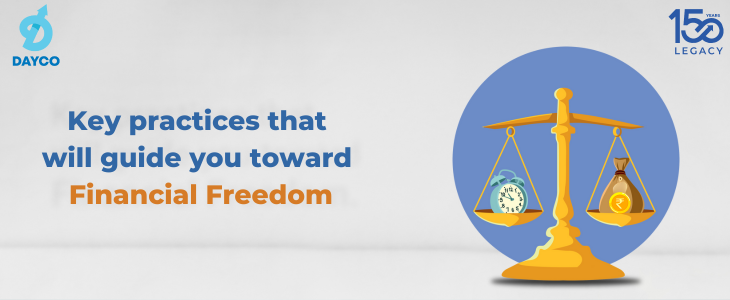Retirement is a phase of life that most of us dream about, imagining a time free from the daily grind of work, where we can enjoy our golden years. However, achieving a financially secure retirement requires careful planning, especially in India, where government-sponsored social security systems are minimal, and the burden of retirement savings falls largely on the individual. If you haven’t yet planned for your retirement, this guide will help you understand how to build a strong retirement portfolio. Why Retirement Planning is Essential in India In India, the average life expectancy is increasing, meaning more years of post-retirement …
Building a Secure Retirement: A Guide to Effective Retirement Planning

























